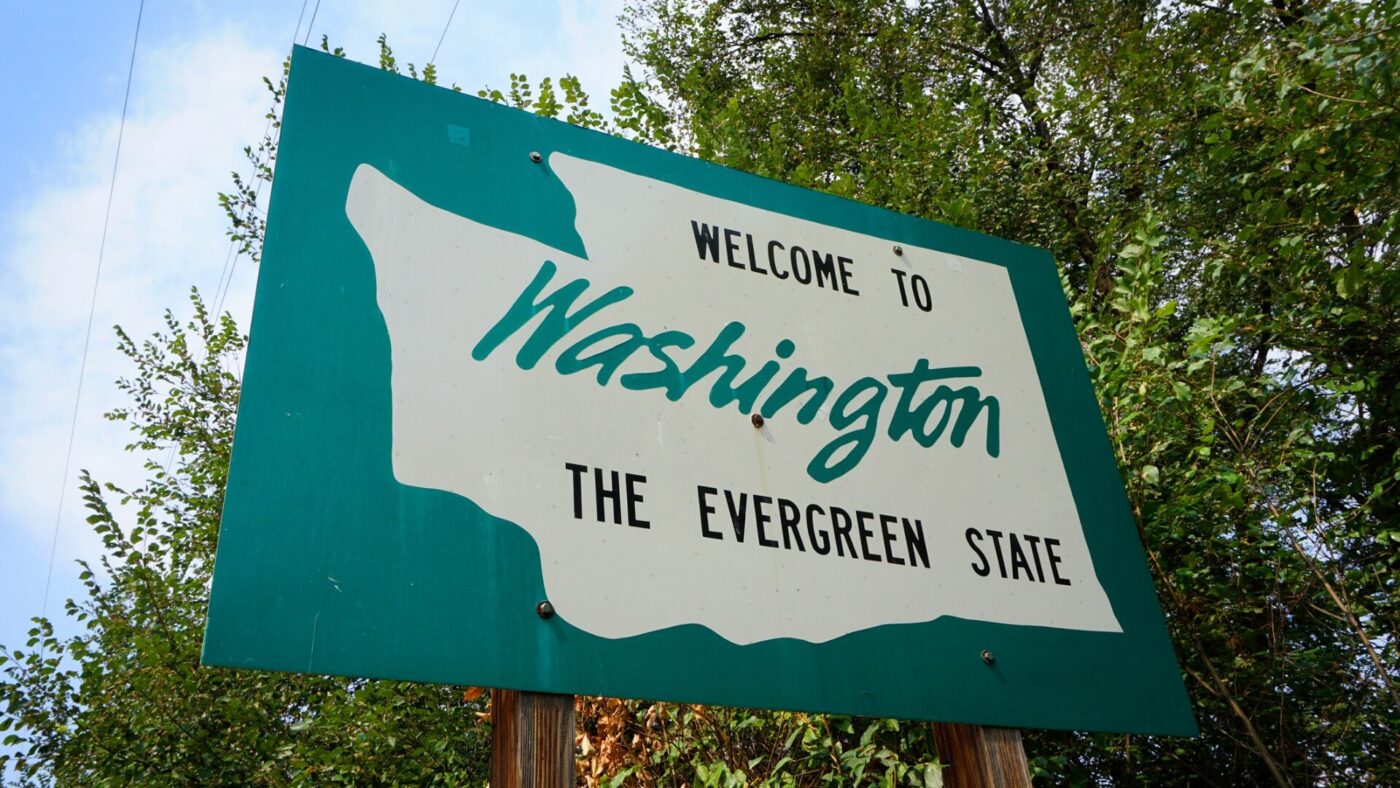POLITICS
Washington State Weed Laws: A Stoner’s 2020 Guide
Here is everything you need to know about the Evergreen state’s cannabis laws.

Concerning Washington State Weed Laws, Medical marijuana has been legal in Washington state since 1998. Recreational cannabis was approved by voters in 2012. Here is everything you need to know about the Evergreen state’s cannabis laws.
Possession and Purchasing Limits
In Washington state, adults aged 21 and over can purchase and possess cannabis under these constraints:
- Cannabis can only legally be purchased from a licensed cannabis retail store.
- 1 ounce of cannabis flower can be purchased at a time.
- 16 ounces of cannabis-infused edibles in solid form can be purchased at a time.
- 72 ounces of cannabis-infused edibles in liquid form can be purchased at a time.
- 7 grams of cannabis concentrates can be purchased at a time.
Adults will be expected to show photo ID upon arrival at a cannabis retail store. Minors are not allowed on the premises of a cannabis retail store.
Consumption
Cannabis cannot be consumed in public. For example, it is illegal to consume cannabis in the following places:
- Sidewalks
- Parks
- Playgrounds
- Federal land
- School grounds
Consumers can legally use cannabis on private property (such as a home) as long as their consumption is outside of public view.
Vapor Ban
On February 8, the state’s vapor ban (instituted in response to the lung injury vaping crisis) will expire. Beginning February 8, licensed retailers may continue to sell flavored vaping products to adults aged 21 and over. Vitamin E acetate, a compound linked to vapor related lung injuries, will be banned until March 19. However, the ban may extend past this date given the role Vitamin E acetate seems to play in the onset of lung injuries.
Driving Under the Influence
It is illegal for adults 21 and over to drive with 5 ng/ml of THC in the blood. If younger than 21, it is illegal to drive with any THC in the blood at all. A violation of this law can result in a DUI conviction.
Exporting Cannabis
It is illegal to bring cannabis into or out of Washington state. Traveling with cannabis across state lines violates state and Federal law.
Personal Cultivation
It is illegal to grow cannabis plants at home unless you are a medical marijuana patient. Registered medical marijuana patients in Washington may grow up to:
- 4 plants with an authorization form only (without a recognition card).
- 6 plants without further approval from their health care practitioner.
- 15 plants with approval from their health care practitioner.
Qualifying Debilitating Medical Conditions
Patients with one of the following terminal or debilitating medical conditions may qualify to participate in Washington’s medical marijuana program:
- Cancer
- Human immunodeficiency virus (HIV)
- Multiple sclerosis
- Epilepsy or other seizure disorder
- Spasticity disorders
- Intractable pain
- Glaucoma, either acute or chronic
- Crohn’s disease with debilitating symptoms unrelieved by standard treatments or medications
- Hepatitis C with debilitating nausea or intractable pain unrelieved by standard treatments or medications
- Diseases, including anorexia, which result in nausea, vomiting, wasting, appetite loss, cramping, seizures, muscle spasms, or spasticity, when these symptoms are unrelieved by standard treatments or medications
- Chronic renal failure requiring hemodialysis
- Posttraumatic stress disorder (PTSD)
- Traumatic brain injury
As of 2015, qualifying conditions can only be added to the list through legislation. Previously, petitions were accepted for review. The state has also made the broad decision to reject mental health conditions as qualifiers for medical marijuana. The Washington State Department of Health states the following on its website regarding mental health conditions and cannabis: “Due to a lack of scientific evidence supporting improved health outcomes from the use of medical marijuana for mental health conditions such as bipolar disorder, depression and anxiety, the Medical Quality Assurance Commission denied requests to add to the list of qualifying conditions.”
Applying for a Medical Marijuana Recognition Card in Washington
To become a medical marijuana patient in Washington, a resident of the state must make an appointment with their healthcare provider to determine eligibility based on a qualifying medical diagnosis. It is not necessary for a patient to go to a medical marijuana “clinic” to receive an authorization form. Patients can consult with any of the following doctors in Washington:
- Medical doctor (MD)
- Physician assistant (PA)
- Osteopathic physician (DO)
- Osteopathic physician assistant (DOA)
- Naturopathic physician
- Advanced registered nurse practitioner (ARNP)
If the health care provider believes that cannabis is an appropriate treatment for the qualifying condition, they must complete a medical marijuana authorization form on the patient’s behalf. The authorization form expires in 12 months for patients 18 years old and over. It expires in 6 months for patients younger than 18. However, the health care practitioner may select a shorter expiration date. Once an authorization form has been submitted by the healthcare practitioner, the patient has two options:
- Keep the authorization form only. These patients do not receive a marijuana recognition card and are not entered into the marijuana authorization database. These patients may grow a maximum of 4 cannabis plants.
- Receive a recognition card. Patients may take their authorization to a medical dispensary and use it to be entered into the medical marijuana database. These patients receive a recognition card that authorizes them to grow up to 6 plants without additional approval from their health care practitioner. However, if they receive approval from their health care practitioner, these patients can grow a maximum of 15 plants.
In order for a minor patient to participate in Washington’s medical marijuana program, the patient’s legal guardian must provide consent for the child to engage in cannabis consumption. Additionally, the guardian must also consent to be the child’s designated provider. Adult patients may also designate a provider. The designated provider must also receive authorization from the patient’s health care practitioner. Each patient can have only 1 designated provider, and each provider can only support one patient. Authorized medical marijuana patients may possess the following amounts of cannabis products:
- 3 ounces of usable cannabis.
- 48 ounces of cannabis-infused products in solid form.
- 216 fluid ounces of liquid cannabis-infused products.
- 21 grams of cannabis concentrate.
Medical marijuana patients may make tax-exempt cannabis purchases from licensed medical dispensaries.
